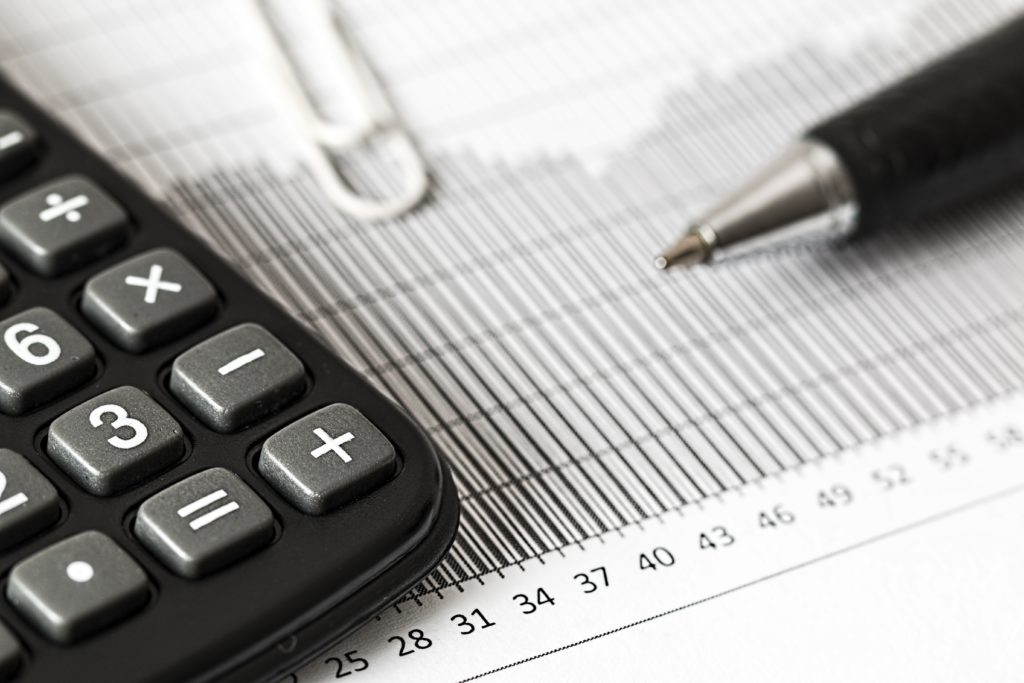Many executors often struggle to understand the various tax obligations that might exist when a person has passed away. An executor of an estate has a duty to ensure that they submit an income tax return for the deceased estate. This is because the deceased does not escape the requirement to lodge a tax return as individual tax payers do.
Both date of death and Estate tax returns are eligible for the same tax-free threshold, which is currently $18,200.00. This means that the first $18,200.00 of net taxable income will not be subject to the payment of tax. This means while an Estate has the benefit of this tax-free threshold, it will lose the tax-free threshold after the expiry of a period of three tax years from the date of death.
Care should to be taken with calculating this period. For example, if the deceased died on 31 May then the first tax year for an estate comes to an end on 30 June in that year and a second tax year commences on 1 July.
If the deceased had either paid tax or had tax withheld and had income before the date of death above the tax-free threshold then the Estate could be eligible for a tax refund or potentially have a tax liability. Generally, if the deceased had paid tax in any form before the date of death then it is a fair indication that the executor may have an income tax obligation for the deceased to consider.
Both the deceased and the Estate are entitled to the full tax-free threshold in the year of death. The Act does not pro rata this entitlement, so both the date of death and Estate returns would be eligible for the full $18200.00 tax free threshold. In addition, Estate returns are specifically excluded from the Medicare Levy of 1.5% on the taxable income of the Estate.
A deceased tax payer who was in business at the time of death has an obligation to lodge a tax return regardless of the income levels of the business.
The executor/trustee of the deceased estate will need to lodge a trust estate income tax return on taxable income over the sum of $18,200.00 earned by the assets of the estate. There is no obligation to lodge a tax return if the Estate earnings for the tax year are below this figure and no beneficiary is presently entitled to any of the income of the deceased estate.
This means that the first $18,200.00 of net taxable income earned by the Estate after the date of death of the deceased will not be subject to tax and this may be an advantage to beneficiaries who are in receipt of other income.
If tax is paid by the Estate on the net taxable income of the Estate, then the assets and taxable income will be distributed as a combined capital sum and will be tax free in the beneficiaries’ hands and the income component will not need to be included in the beneficiaries’ personal income tax returns.
In summary, if the deceased received income below the tax-free threshold before the date of death and was not lodging tax returns there is no obligation placed on the executor to lodge a date of death return. If the Estate earns income in any tax year which is below the tax-free threshold then once again there is no obligation placed on the executor to obtain a Tax File Number for the Estate or to lodge a tax return for the Estate for that year and the income received will simply be distributed as capital when the distributions take place. The position will change if the administration of the estate proceeds extends beyond a period of three tax years.
If the Estate earns income above the threshold and does not pay income tax on the taxable income of the estate earned after the date of death then it is the executor’s obligation to ensure that the Commissioner of Taxation is notified of the names and addresses of all beneficiaries and the amount of taxable income included in the payment of the bequest to each beneficiary and the Commissioner of Taxation will then assess each beneficiary personally on the taxable income component of the bequest and will apply the appropriate tax rate applicable to that beneficiary.











